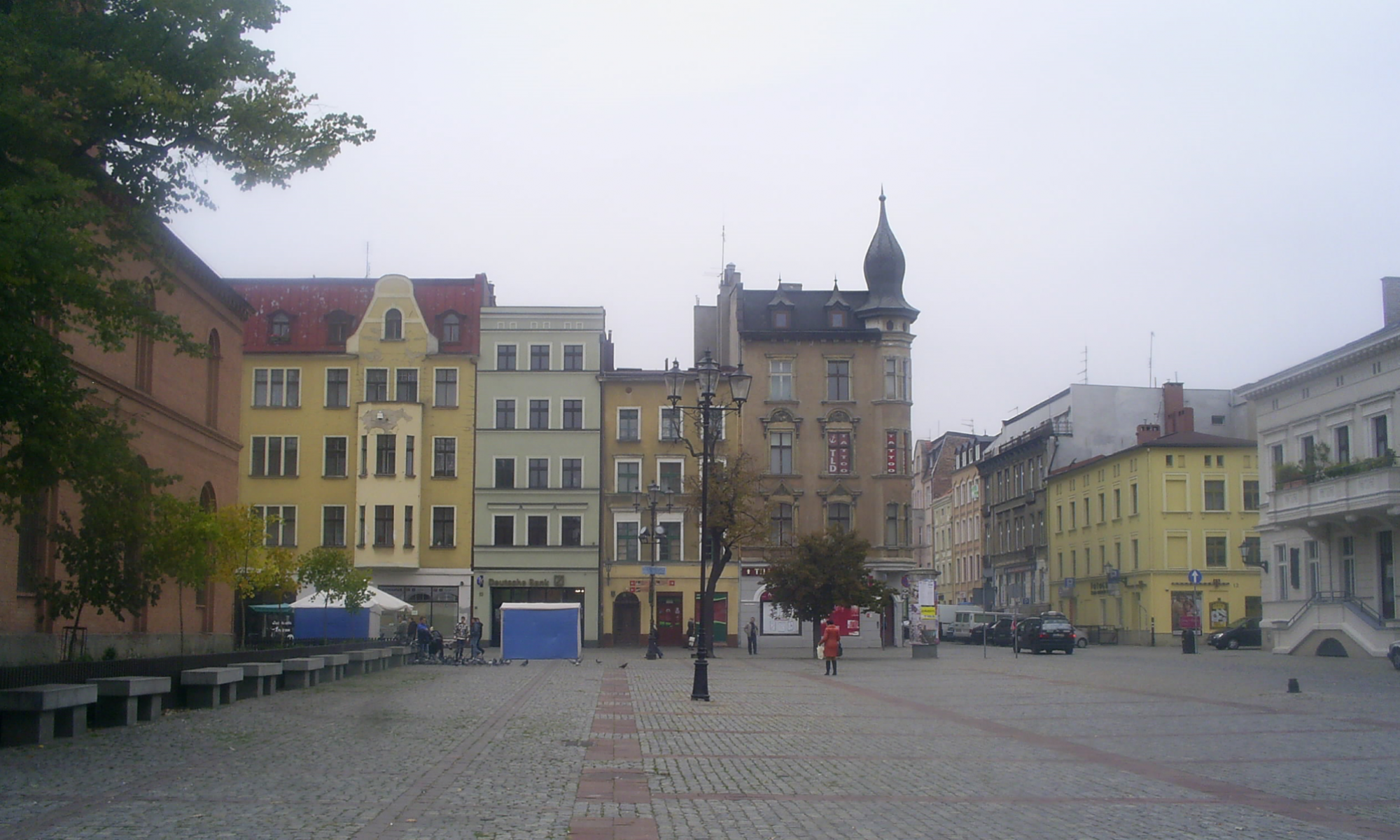ICOMOS is pleased to share the European Quality Principles for EU-funded Interventions with Potential Impact upon Cultural Heritage, hereby attached and available at http://openarchive.icomos.org/2083/.
This document stems from the work of an expert group assembled by the ICOMOS, under the mandate of the European Commission and in the framework of the flagship EU Initiative of the European Year of Cultural Heritage 2018, “Cherishing heritage: developing quality standards for EU-funded projects that have the potential to impact on cultural heritage”. The main objective of the document is to provide guidance on quality principles for all stakeholders directly or indirectly engaged in EU-funded heritage conservation and management (i.e. European institutions, managing authorities, international organisations, civil society and local communities, private sector, and experts).
This version of the document results from the discussions at the Venice conference in November 2018. We hope that it will be put into practice and continue to be revised according to lessons learned in the field.
